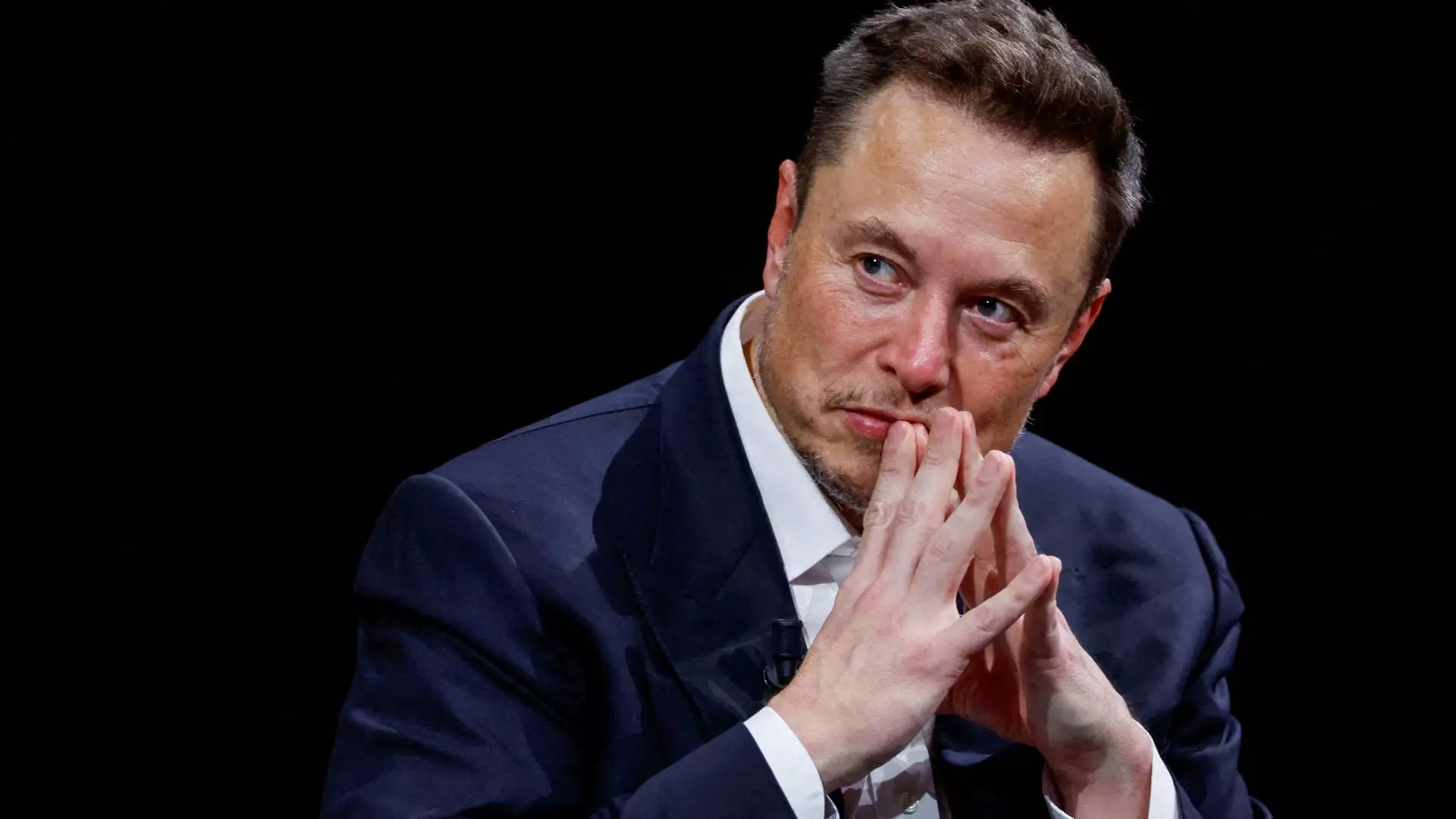Elon Musk’s recent award of an astronomical 96 million shares as an interim pay package exposes a troubling reality about corporate governance and executive compensation. It’s a stark reminder that in the world of billionaires, total control often outweighs actual merit or shareholder value. This multimillion-dollar package, valued at approximately $29 billion, is not just a reflection of Musk’s influence but a symbol of an increasingly skewed system where the elite are incentivized to prioritize personal power over corporate or societal gains. Whether or not Musk continues as CEO, the arrangement ensures that he stands to gain exponentially—an endorsement of a system that rewards loyalty and political maneuvering rather than innovation or responsible leadership.
The Cult of Personality and Authoritarian Control
Elon Musk’s substantial ownership stake—around 13%—gives him a level of control that eclipses traditional corporate governance structures. His willingness to leverage legal battles, political affiliations, and strategic relocations signals a pattern of authoritarian tendencies, where he manipulates legal frameworks to benefit personal ambitions at the expense of shareholders’ interests. The court rulings in Delaware highlight a troubling side of Musk’s leadership: a pattern of withholding crucial information from investors and manipulating corporate decisions behind closed doors. His campaign against Delaware’s legal authority further exposes his contempt for accountability and regulatory oversight, revealing a vision of free rein that is bound to deepen corporate inequalities and undermine democratic oversight.
Power beyond the Boardroom
Musk’s ventures extend well beyond Tesla—a fact that challenges the narrative of a focused entrepreneur. His secretive formation of xAI and involvement in AI development without shareholder disclosure point to a broader pattern of unchecked ambition. This clandestine expansion into artificial intelligence and robotics not only poses ethical questions but also raises concerns about monopolization of technological innovation. Musk’s drive to consolidate control over Tesla and his other enterprises underscores a troubling trend: a billionaire’s desire to dominate multiple sectors without adequate oversight, potentially sacrificing societal interests for personal legacy.
Politics, Influence, and Erosion of Public Trust
Musk’s active engagement in political campaigns, including his association with Trump and subsequent attempts to forge new party affiliations, underscores his strategic use of political influence to shape policies—particularly around EV incentives and AI regulation. Such actions blur the lines between corporate interests and political agendas, fostering distrust and skepticism among the public. The backlash against Tesla’s perceived politicization and Musk’s controversial political stances demonstrate how concentrated power in the hands of an individual can impact a company’s reputation and consumer confidence, especially in regions where regulatory and social norms favor accountability.
The Future of Corporate Responsibility
Tesla’s recent earnings dip and the looming challenge of phasing out EV tax credits highlight the fragility of its business model amid Musk’s outsized influence. Rather than focusing on sustainable growth, the company appears increasingly entangled in leadership conflicts and political battles. Musk’s behavior exemplifies how the pursuit of personal power can undermine long-term value creation, risking shareholder interests and broader societal responsibilities. As Tesla prepares for its next shareholder meeting, there is a pressing need for a reckoning: an insistence on accountability, ethical governance, and a reorientation toward innovations that genuinely serve societal good rather than just the ambitions of a few.
In this landscape, Musk’s actions illuminate a broader question about the morality of excessive wealth and power. A system that elevates an individual to near-royalty status—then incentivizes this dominance with enormous stock grants—becomes inherently unstable and morally questionable. As stakeholders, consumers, and regulators grapple with these issues, the core concern remains: how to ensure that ambition does not eclipse responsibility, and that corporate power aligns with a fairer, more equitable future.

